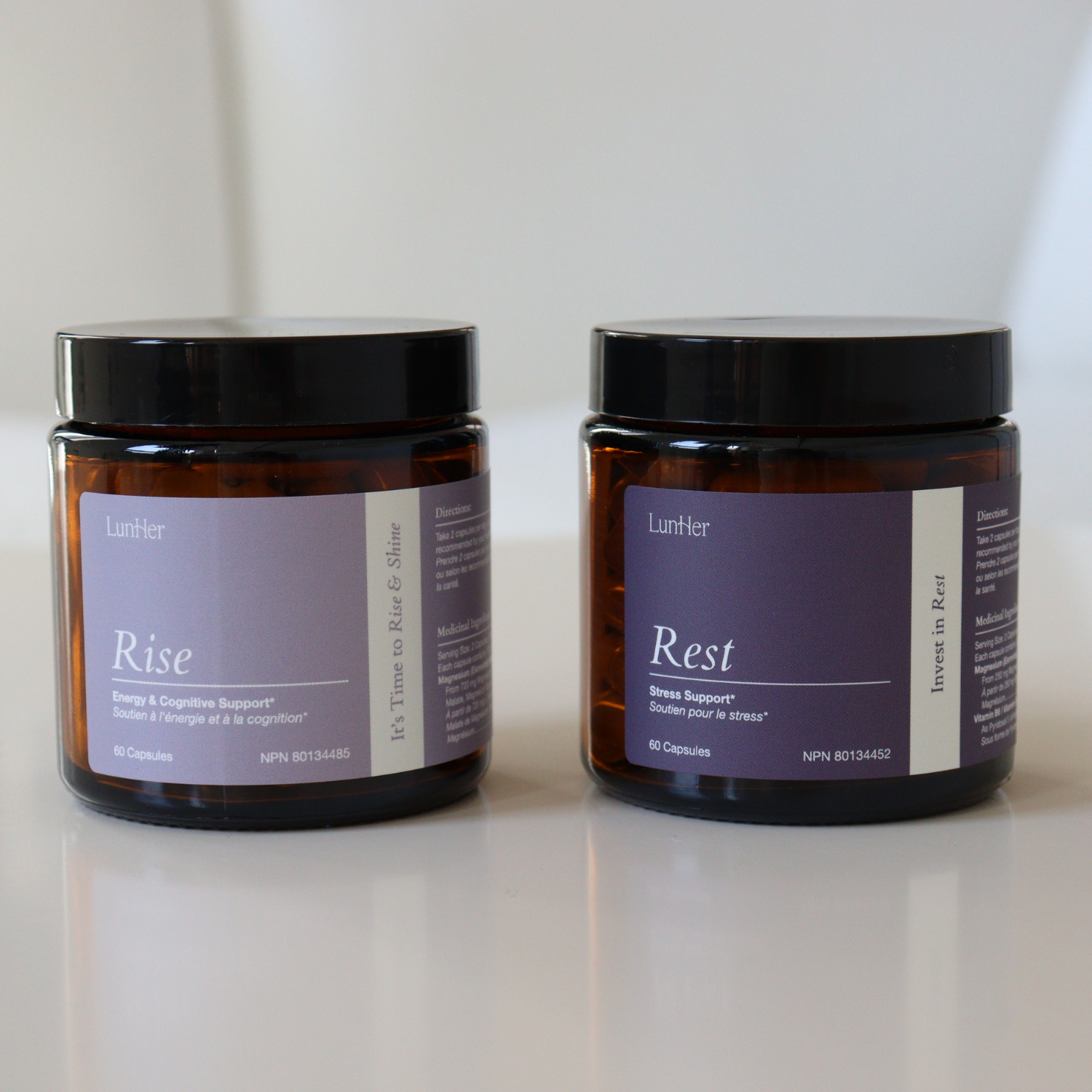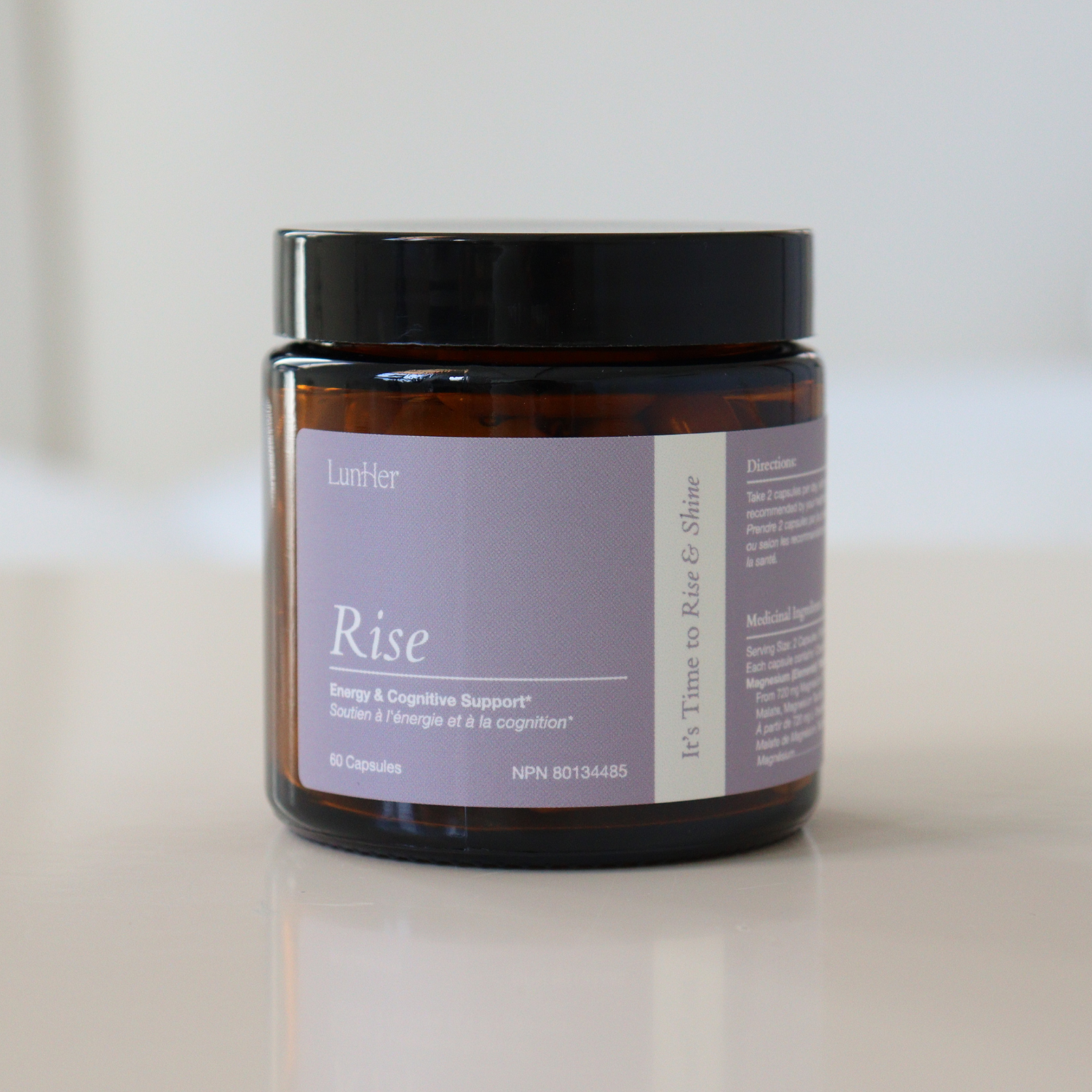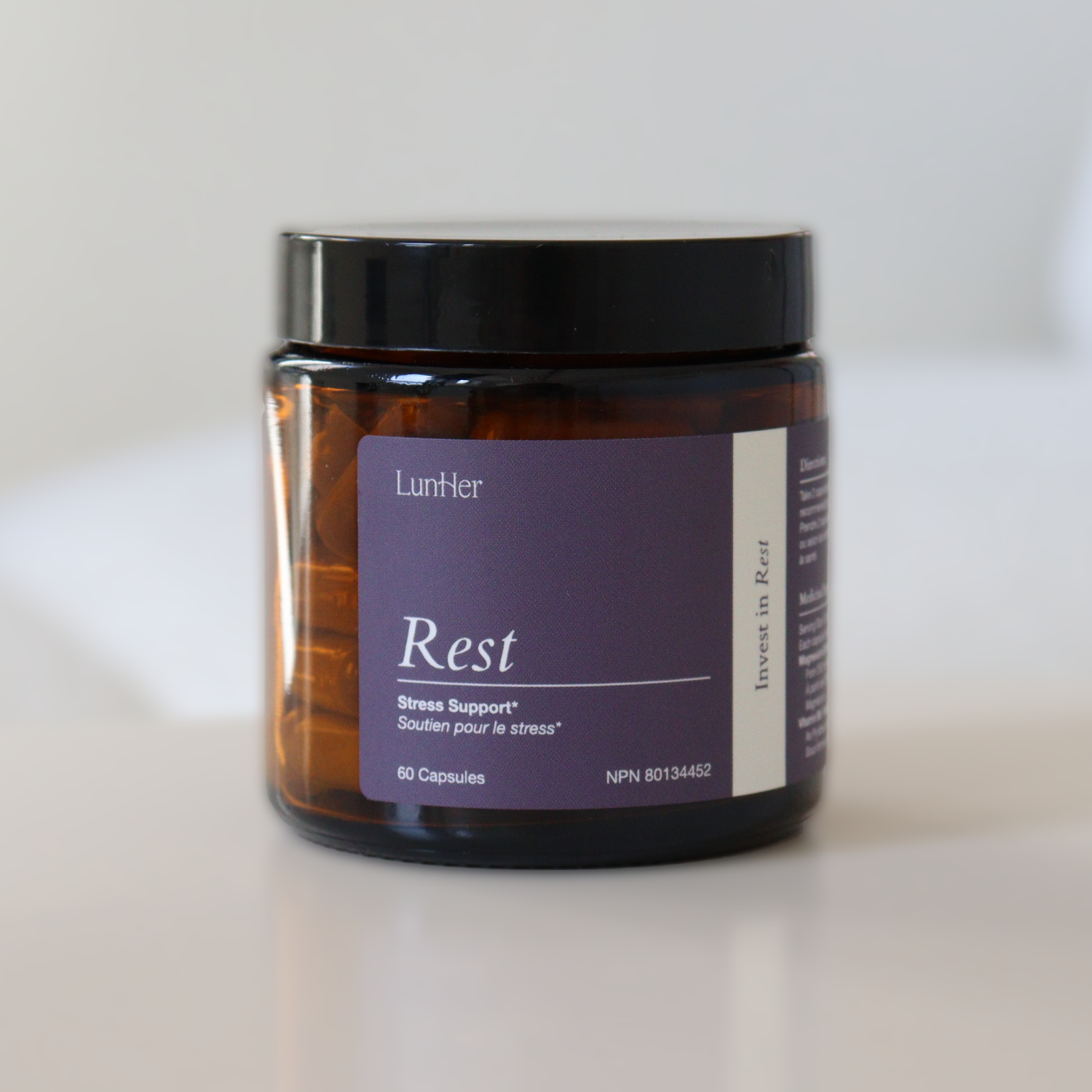
What Are the Upper Limits of Vitamin and Mineral Supplements?
When taken in the right amounts, vitamins and minerals can help support your energy, hormone health, immunity, and mood. It’s important to know the upper limits of your supplements because more isn’t always better.
The LunHer Take
Always start with a healthy diet and then use supplements to fill in the gaps.
When it comes to supplements, more is not always better. Make sure you’re checking the upper limits of your supplements.
Speak with a healthcare professional before starting a new supplement, especially if you’re TTC, pregnant, postpartum, or have an existing condition.
When it comes to your long-term health, there is no replacement for a balanced diet, drinking plenty of water, exercising regularly, and getting enough sleep. It can be hard to live up to these ideals, though — that’s where supplements can come in. If you’ve decided to take vitamins or supplements to reach your health goals, you need to make sure you do it safely. Read on to learn about FDA designated upper limits to ensure you are supplementing the safe way.
The Essential Vitamins and Minerals
There are 13 essential vitamins and 16 essential minerals that our bodies need to function healthily. Most of these nutrients can’t be made by the body and have to come from food or supplements. A deficiency in any one of them can have serious consequences, but it is equally important to note that too much of a particular nutrient can be as harmful as too little. Consuming excessive amounts of vitamins and minerals can lead to toxicity. That’s why knowing your ULs (Upper Intake Levels) is just as important as hitting your RDAs (Recommended Daily Allowances).
Water-Soluble vs. Fat-Soluble Vitamins
The essential vitamins can be divided into two groups: fat-soluble and water-soluble vitamins. Water-soluble vitamins are absorbed more quickly than fat-soluble vitamins, but are also excreted more easily. Vitamin C and the B vitamins are all water-soluble.
Fat-soluble vitamins, including vitamins A, D, E and K. Unlike water-soluble ones, these are stored in your body’s fat tissue. That means they can build up over time if you take too much, increasing the risk of side effects or toxicity, especially with long-term high doses.
Minerals
Essential minerals also play a huge role in your body, but just like vitamins, balance is key. They can also accumulate in the body and pose risks. Additionally, some of the minerals required by the body are needed in only small amounts. For example, the minerals iron and selenium can be particularly problematic when consumed in too high of an amount.
What Is a Tolerable Upper Intake Level (UL)?
To make sure that people are consuming the appropriate amounts of vitamins and minerals, the Food and Nutrition Board of the Institute of Medicine has published guidelines for dietary intakes. They have set a Tolerable Upper Intake Level, or UL, for each of the vitamins and minerals. According to the National Institute of Health (NIH), a UL is “the highest level of daily nutrient intake that is likely to pose no risk of adverse health effects to almost all individuals in the general population.” The UL includes total nutrient intake from food, water, and supplements. To find exact UL numbers for individual nutrients, check out the National Institutes of Health (NIH) vitamin and mineral fact sheets. They break down dosage guidance by age, sex, and life stage (including pregnancy).
What If a Supplement Doesn’t Have a UL?
Some supplements, like herbal products or certain antioxidants, haven’t been assigned official ULs yet. However, this doesn’t mean they’re risk free. For this reason, added caution should be taken when using these types of dietary supplements.
Before beginning a supplement regimen, it’s always a good idea to consult a healthcare professional to receive personalized recommendations.
The Bottom Line
Supplements can be powerful tools but only when they’re used with care and intention. Knowing your body’s needs, checking for potential overdoses, and staying within safe limits ensures that you’re truly supporting your wellness. It’s also important to remember that supplements are not a replacement for a healthy nourishing diet.





